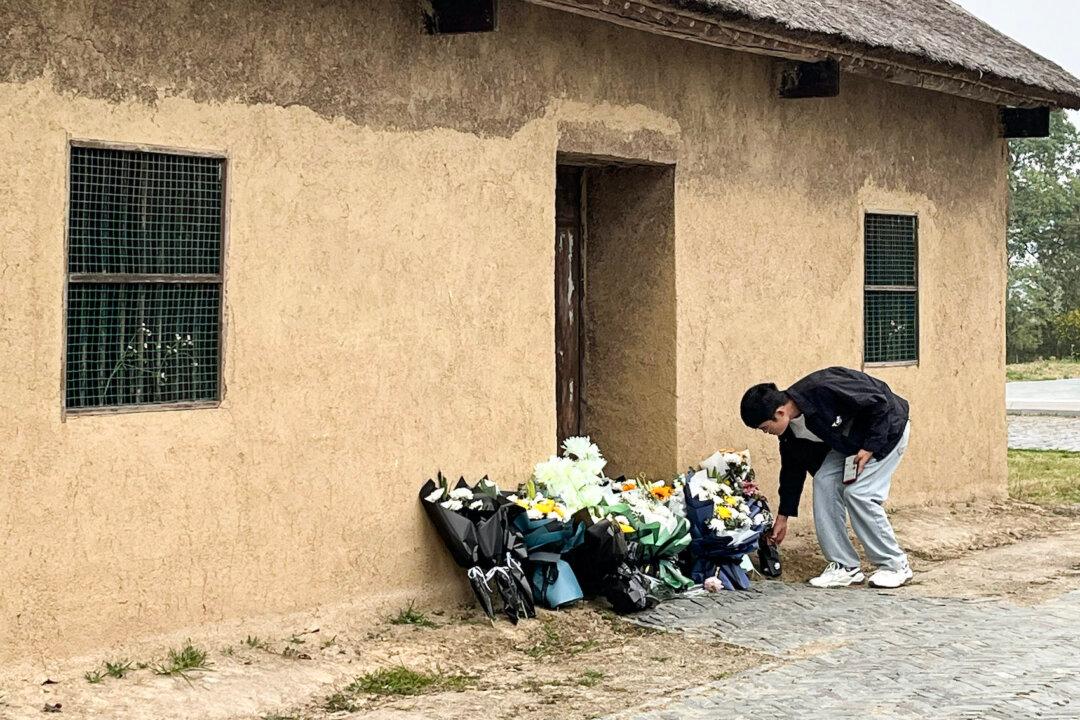During the Qingming Festival (Tomb Sweeping Day), Chinese authorities heightened vigilance to discourage tributes to Li Keqiang, the late former Chinese Communist Party (CCP) premier. Political observers suggest that public tributes to Mr. Li have fueled the concerns of Chinese leader Xi Jinping, who fears that such expressions of grief could undermine his authority. Therefore, strict measures have been taken to curb any public expressions of grief.
On April 4, the Qingming Festival, a significant outpouring of tributes to Mr. Li from across China overwhelmed the authorities. Mr. Li had served as the governor and Party chief of Henan Province. A video on social media showed a heavy presence of police and plainclothes officers at Qianxi Plaza in Henan’s capital, Zhengzhou, to thwart public commemorations. Zhengzhou also saw an extensive police deployment around Ruyi Lake and surveillance in office buildings, reflecting official fears of potential mass gatherings reminiscent of those that followed Mr. Li’s death in October 2023, when people flooded Ruyi Lake with floral tributes.






